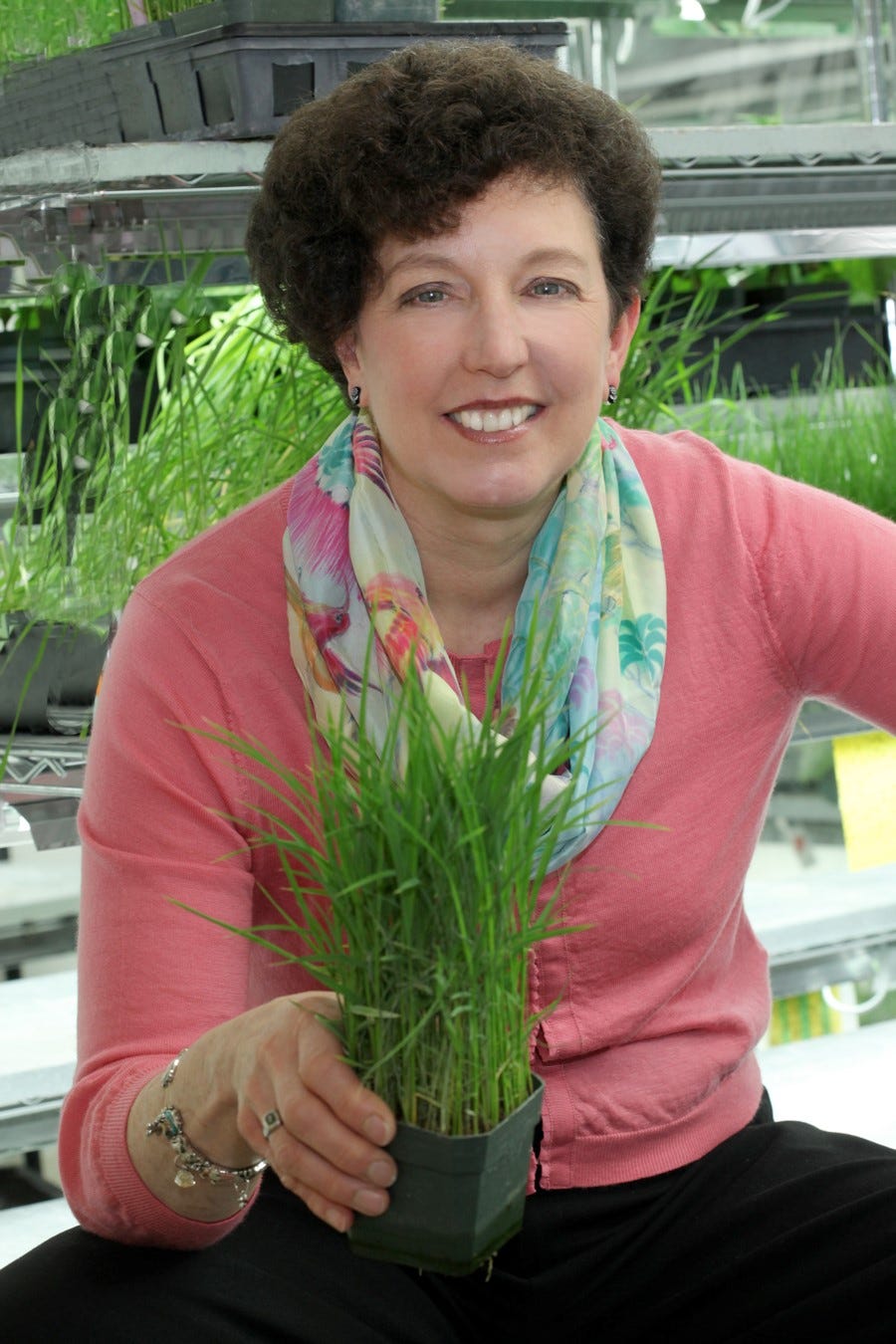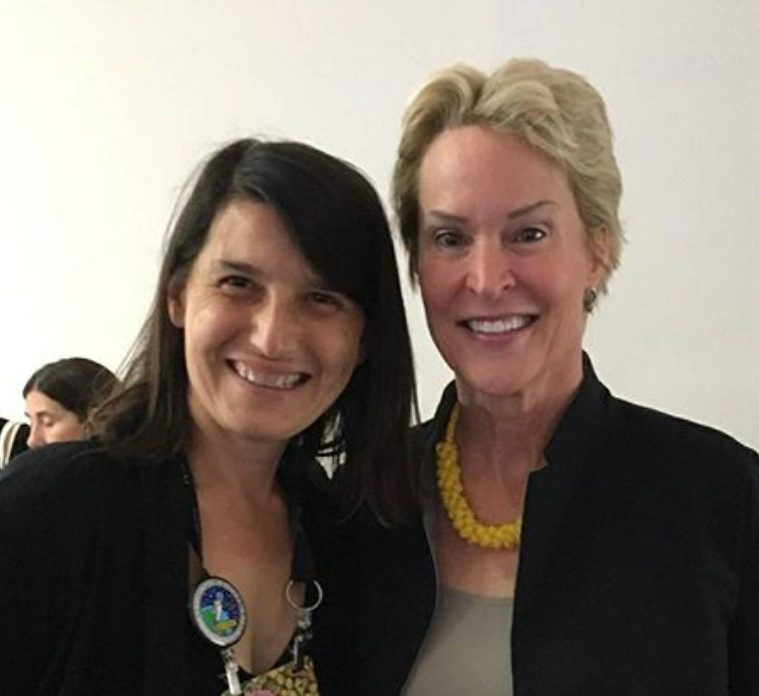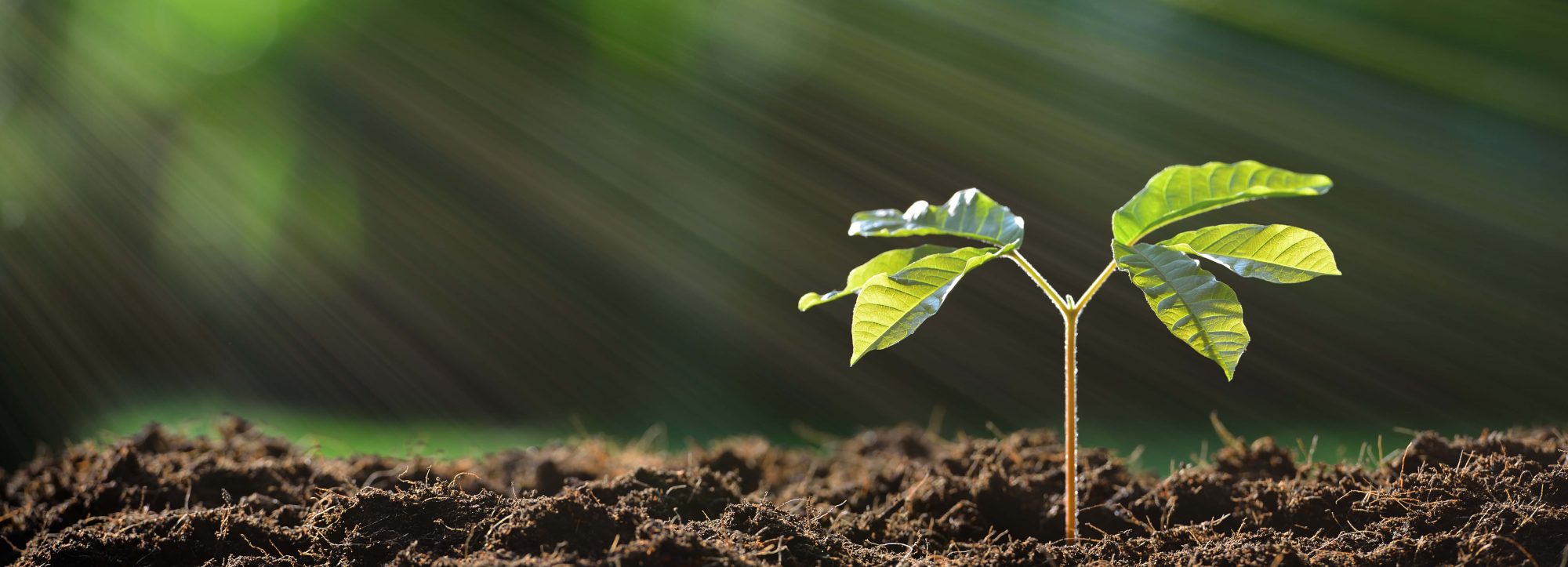It’s not every day a pioneer in a biopesticide market, Dr. Pam Marrone, agrees to be your business mentor. Biopesticides provide eco-friendly and sustainable alternatives to farmers for pest management. Biopesticides have two major groups: 1- Agbiologicals/biocontrol agents such as bacteria, nematodes, and fungus, and 2- Agbiochemicals including soap, extracts from other microorganisms or plants, and pheromones.
Recently, Dr. Frances Arnold, a Nobel Prize-winning woman, started an insect pheromone company because she also saw the value biopesticides bring to agriculture, our environment, and health.
Very recently, I, Dr. Fatma Kaplan, started a nematode pheromone company, Pheronym, Inc. which is bringing a new kind of pheromone to the market as an eco-friendly sustainable solution. It was an idea two years ago. Now, in 2019, through development and testing, it is a proven technology.

Pheronym is an agricultural biotechnology company that uses pheromones for eco-friendly pest management solutions. The company’s technology improves plant health and crop yield using a new pheromone that controls pest insects and parasitic roundworms called nematodes. Pheronym improves the effectiveness of good (beneficial) nematodes to control insect pests in the soil and prevents bad nematodes from attacking our crops by protecting their roots.
Pheronym is unique in a number of ways. 1- The pheromones we are using are from microscopic roundworms, called nematodes. Unlike other pheromone companies, they are not derived from insects for mating disruption. 2- They are water-soluble and target pests in the soil. 3- We have different application methods — the first to be soil-applied — compared to other pheromones in the market that target above-ground pests.


As for Pheronym, we are raising funds to scale up and commercialize the nematode pheromones for pest insect and nematode control. We will bring nematode pheromones to their full potential on earth and in space when humans colonize the Moon and Mars. Pheronym will be sending the first agriculture biocontrol experiment to the International Space Station on Dec 4, 2019. In the meantime, we are utilizing the knowledge we gain from space experiments for our product development on Earth.

